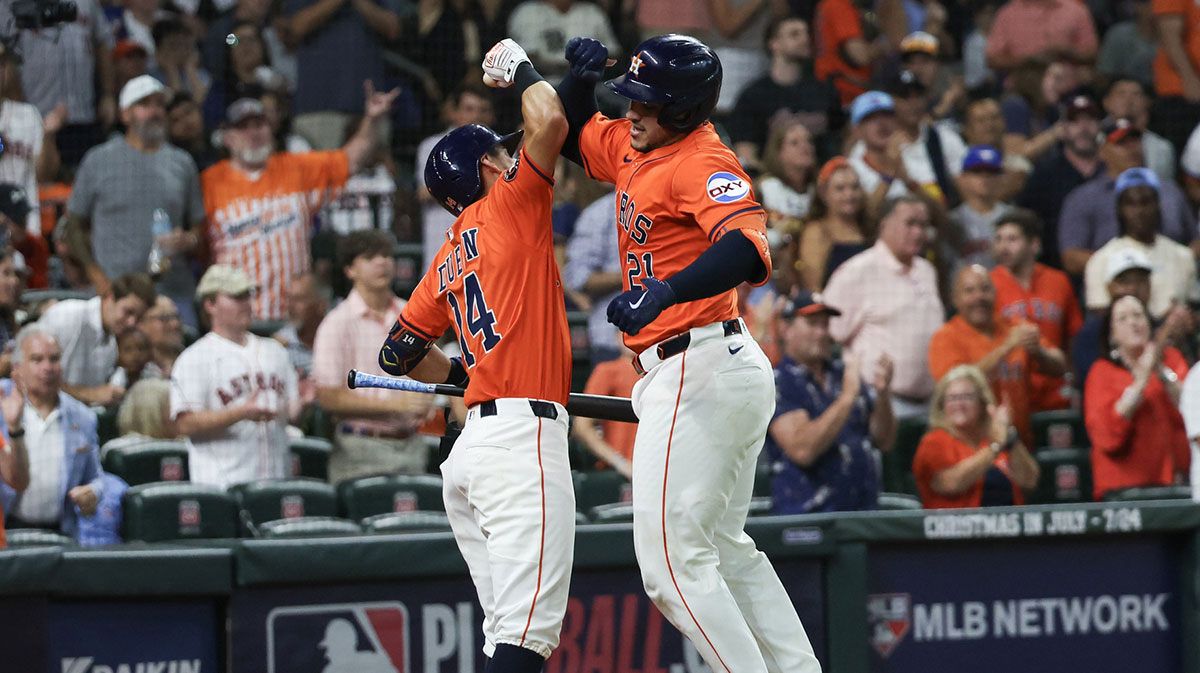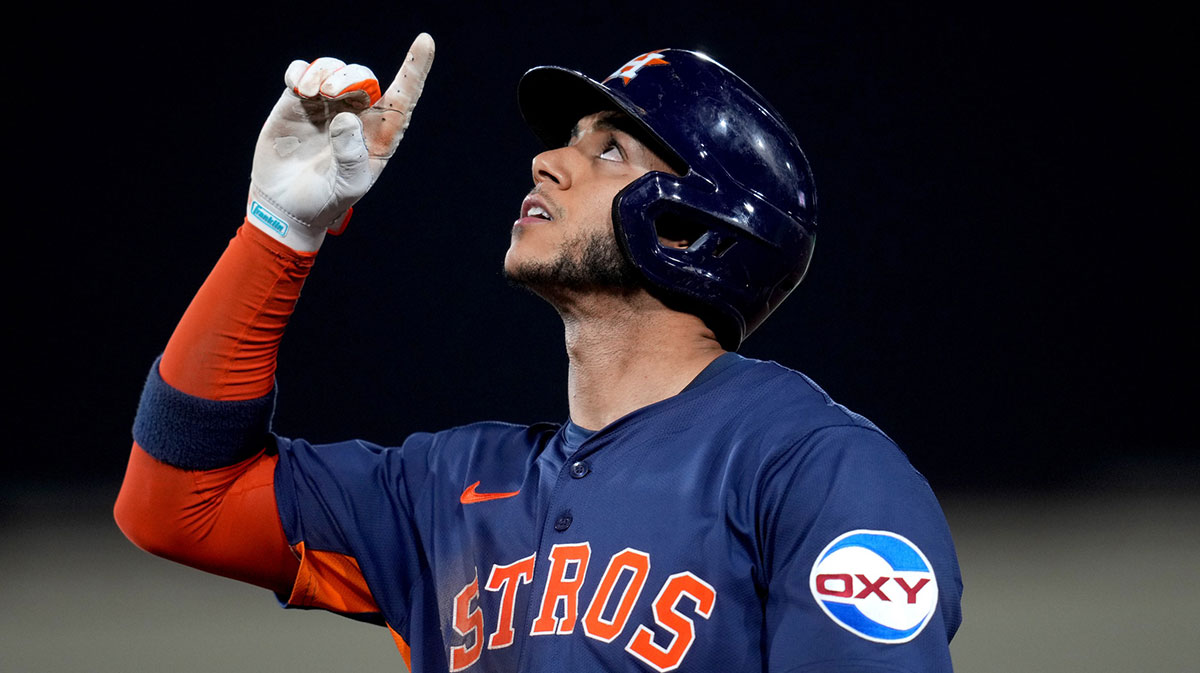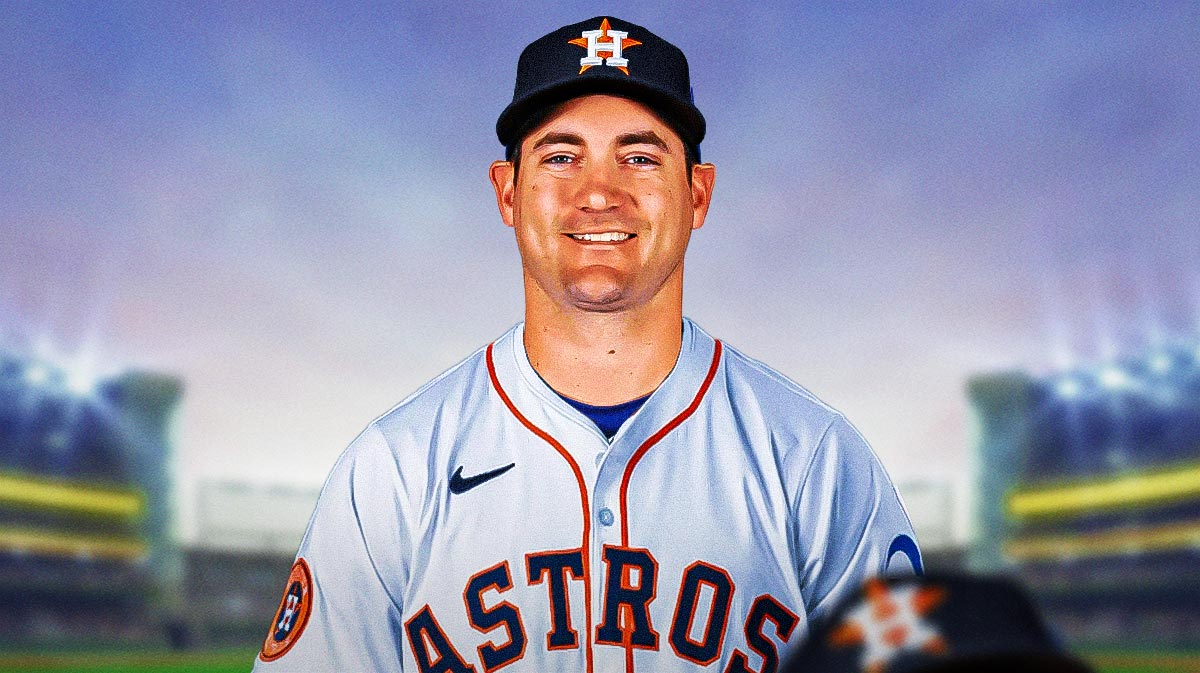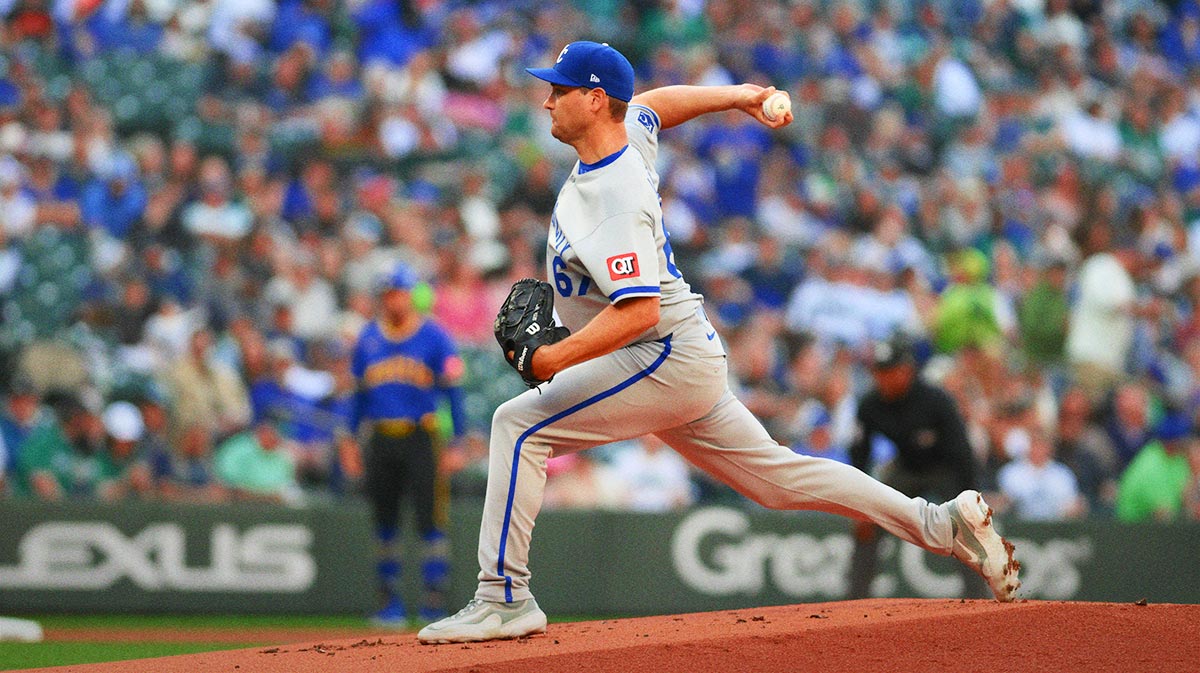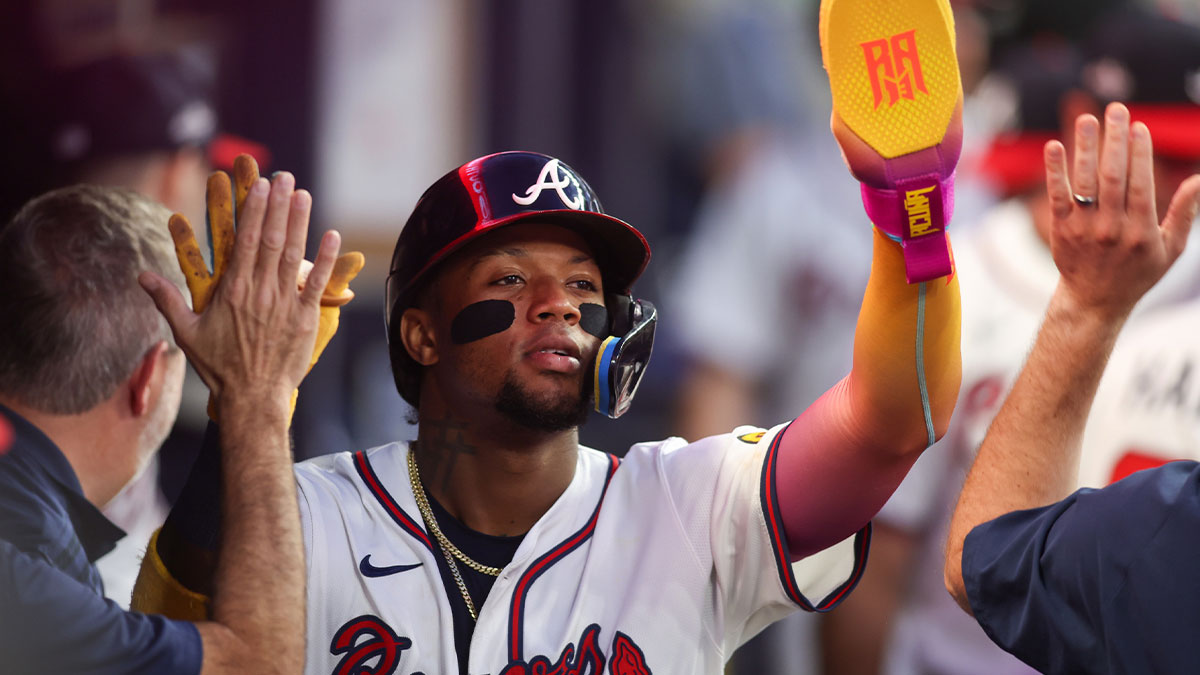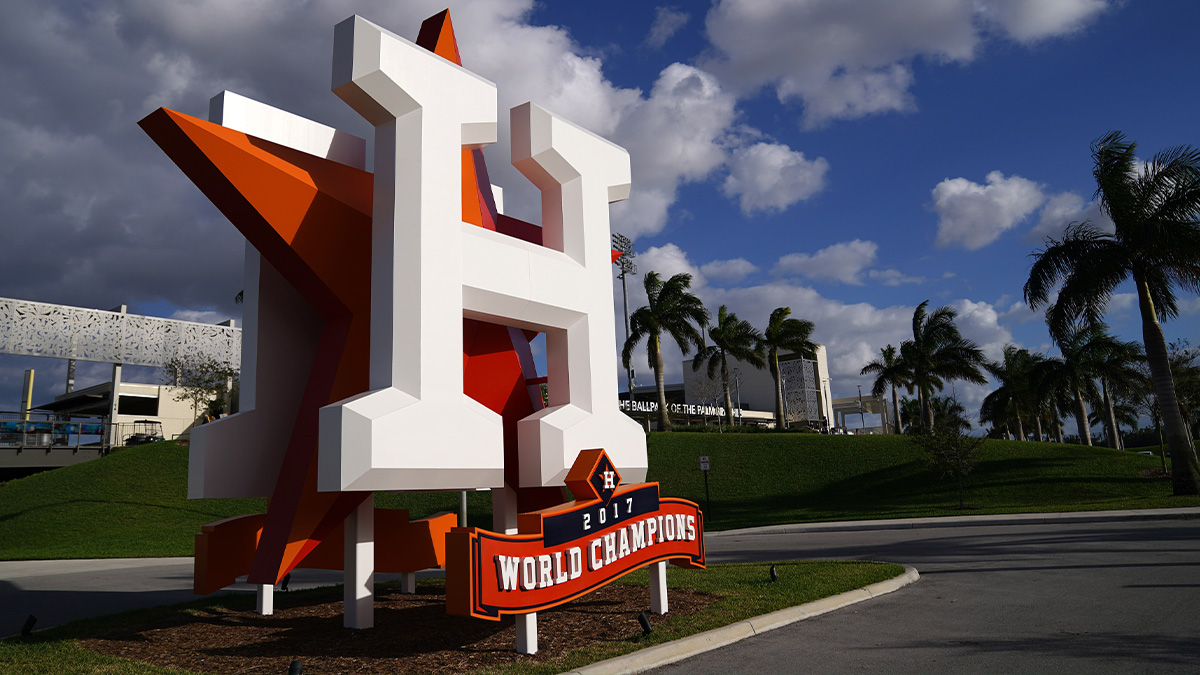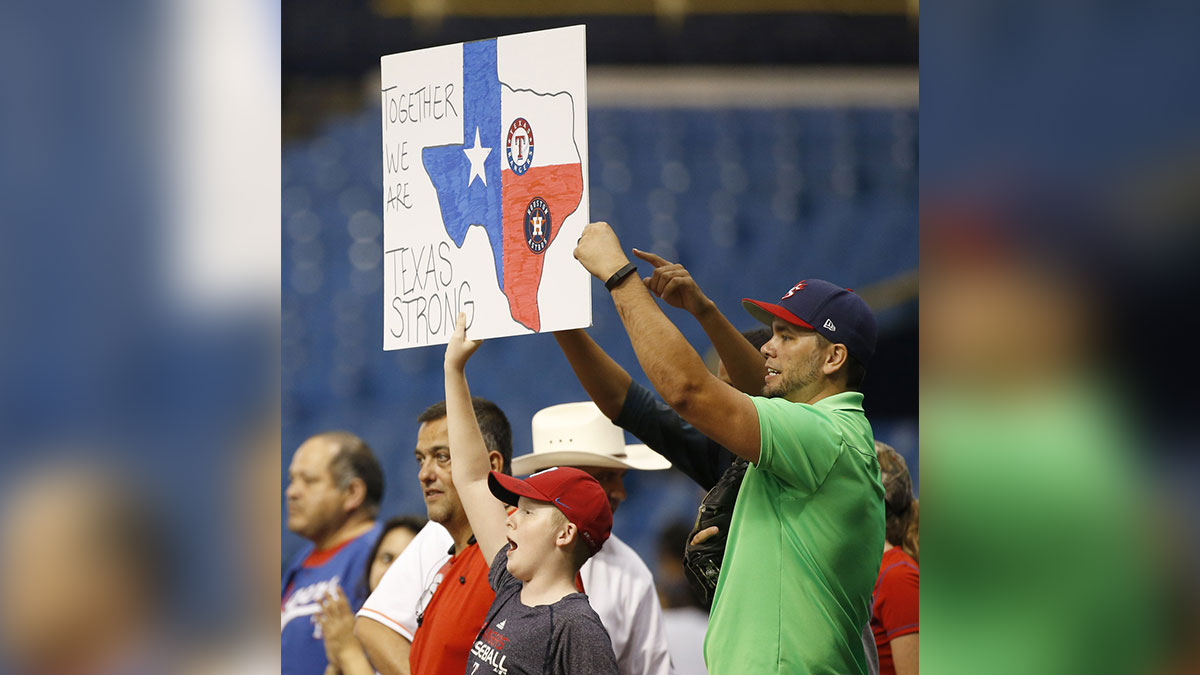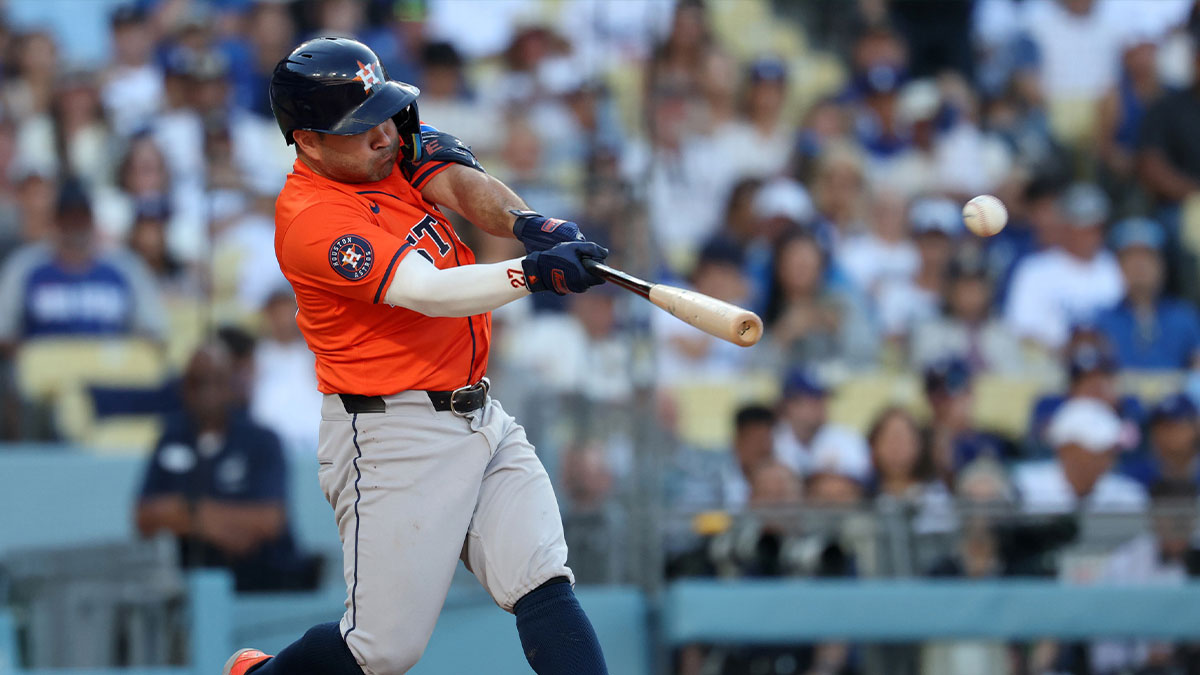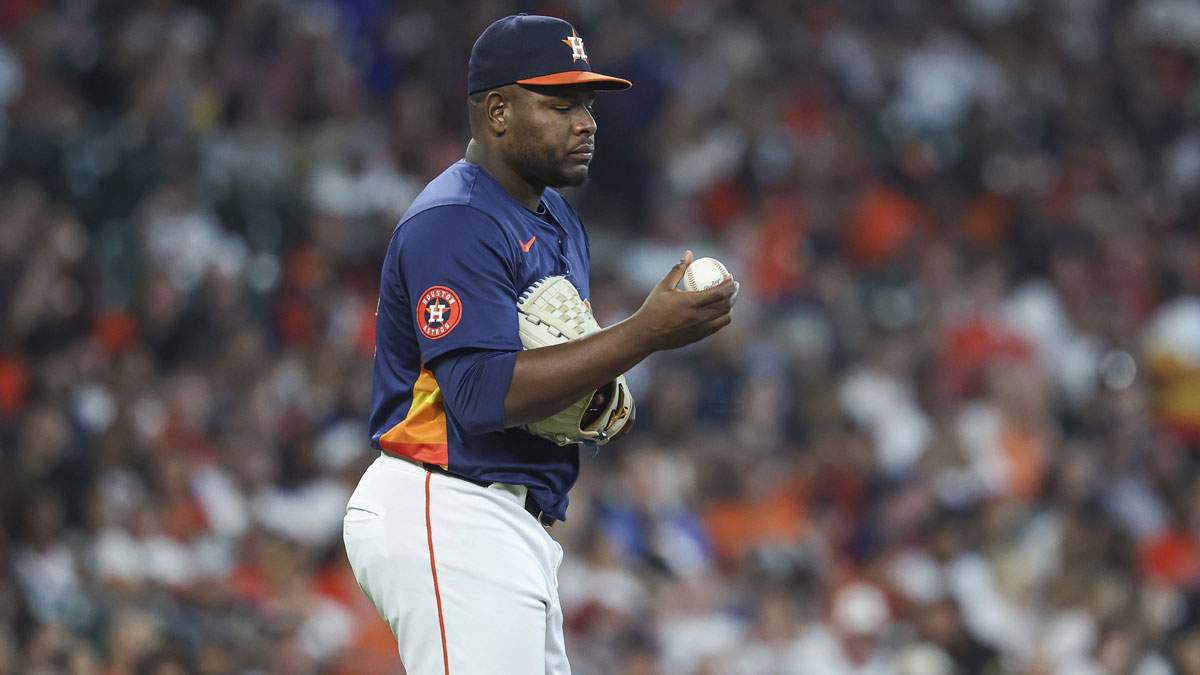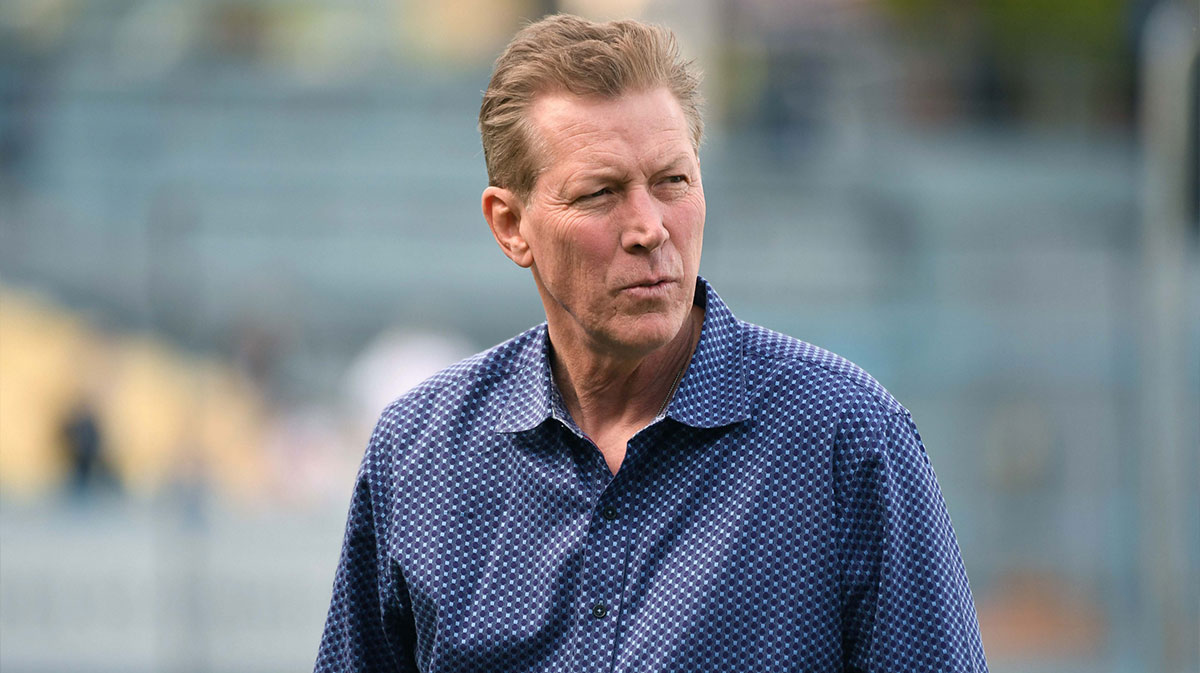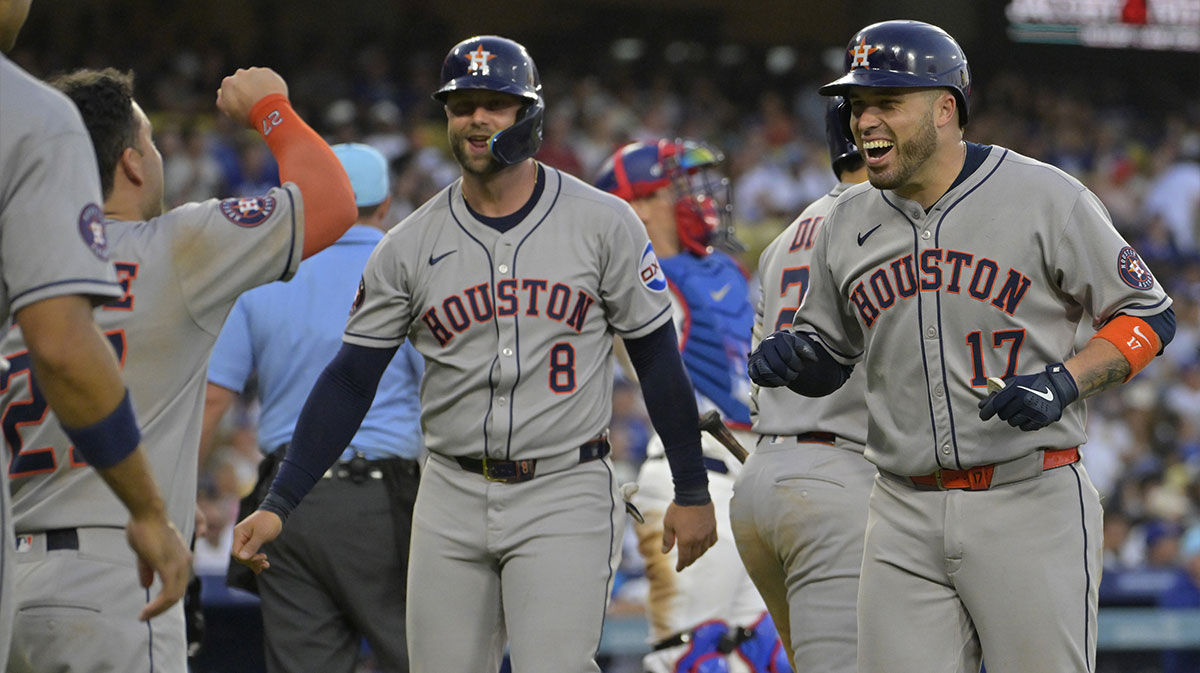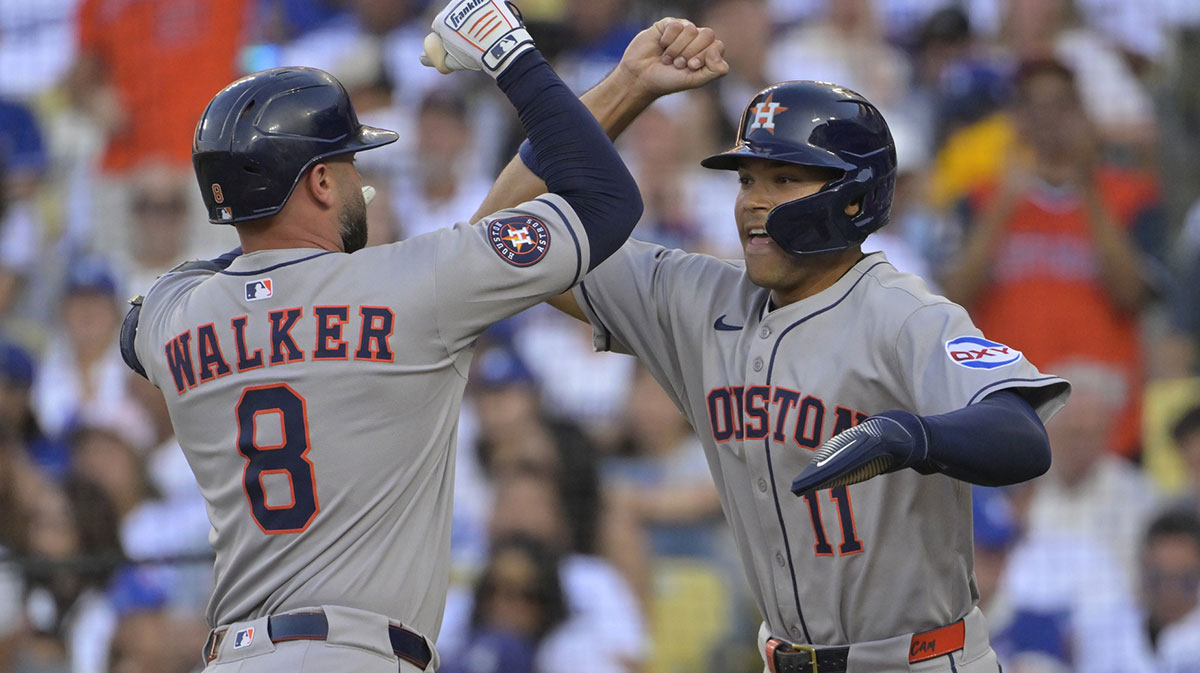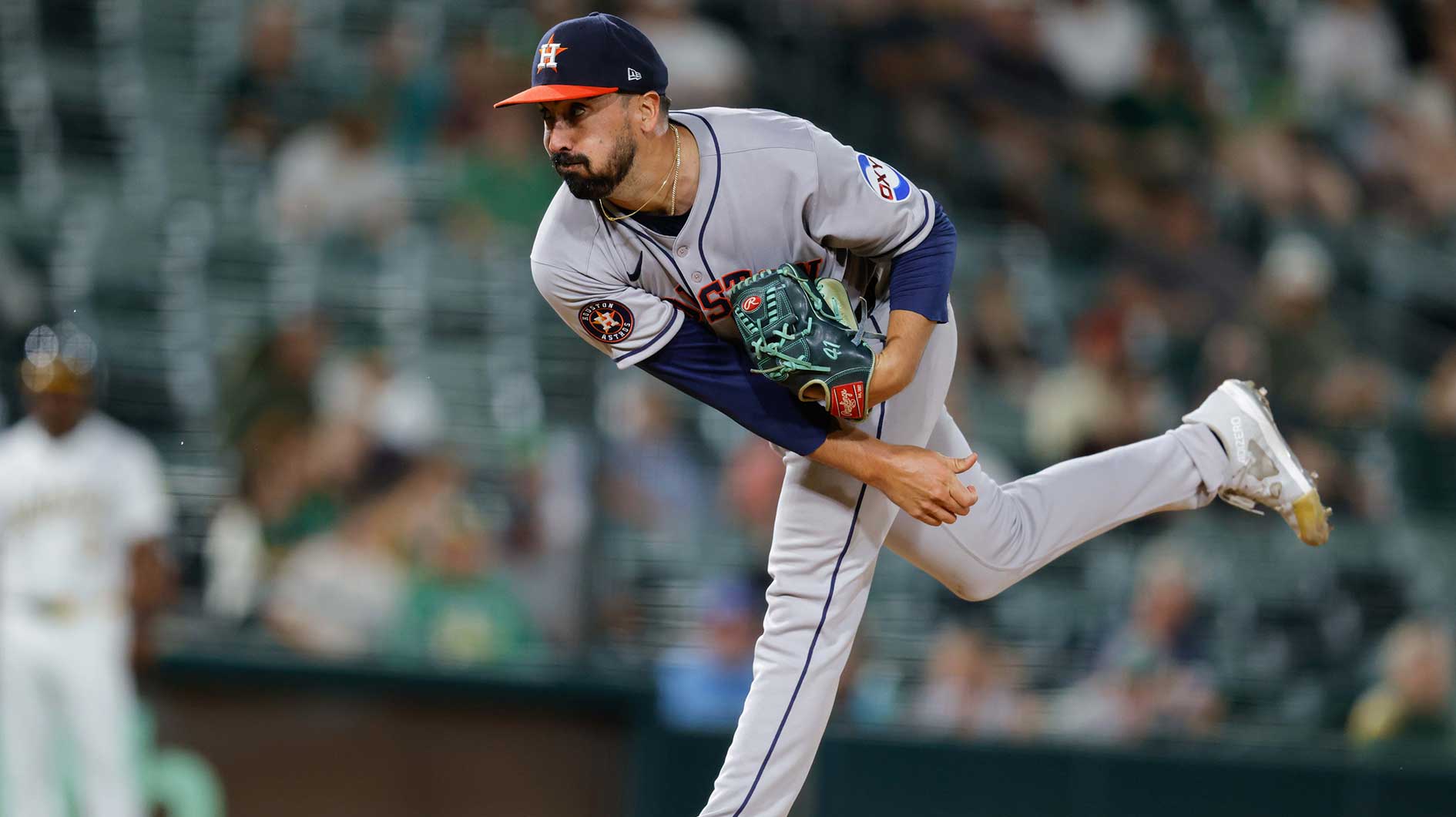At long last, the World Series has arrived. Months and months of drama and toiling have led to this moment, though the narratives could not be more different.
The Houston Astros rampaged through the MLB en route to a franchise record 107 wins, bolstering an already loaded roster by adding Zack Greinke at the trade deadline and getting absurd contributions from the likes of Yordan Alvarez and Yuli Gurriel alongside the usual suspects.
Meanwhile, the Washington Nationals were not supposed to make it to October, let alone the World Series. The Nationals stood at 19-31 in May, but they were the third-best team in baseball from that point on and led a series of comebacks in the National League Wild Card Game and NLDS to reach the Fall Classic.
If you like good pitching matchups, boy is this the series for you! Want to see young players with plenty of bravado and MVP candidates shining on the biggest stage? Congrats, there are plenty of characters to go around. The question is, who will come out on top?
Will the Astros win their second title in the last three years, or can the Nationals bring championship glory to D.C.? Let's break it down:
How did they get here?
Having already overcome the odds to defeat the Brewers in the NL Wild Card before vanquishing the mighty Dodgers in the NLDS, the Nationals made quick work of the Cardinals in the NLCS.
Anibal Sanchez threw 7 2/3 no-hit innings in Game 1, then Max Scherzer followed with six no-hit innings in Game 2, becoming the first pair of teammates to throw back-to-back starts of five or more no-hit innings since… well, since Sanchez and Scherzer did it as members of the Detroit Tigers in 2013.
The Nationals took both games in St. Louis, and Stephen Strasburg and Howie Kendrick helped Washington grab a stranglehold of the series in Game 3. After scoring seven runs in the first inning of Game 4, the sweep was all but complete.
Houston faced a much stiffer test in the New York Yankees.
The Yankees jumped on Zack Greinke and co. in Game 1 of the ALCS, and the Bronx Bombers had the Astros on the ropes early in Game 2. But George Springer tied the game with a homer in the fifth inning, and both bullpens dominated until Carlos Correa clubbed a walk-off bomb.
After Game 2, it looked to be turning into a ho-hum series. Gerrit Cole navigated the storm and the Astros got to Luis Severino early in Game 3, then Springer and Correa hit a pair of crushing three-run homers to help Houston take Game 4. With Verlander on the hill in Game 5, it looked like the series was over.
However, D.J. LeMahieu and Aaron Hicks each homered off of Verlander in the first inning to give the Yankees a 4-1 lead, and James Paxton dominated to send the series back to Houston.
Things really got interesting in Game 6. With both teams having to deploy openers and use the entirety of their bullpen depth, the contest turned into a vicious back-and-forth.
The Astros took the early lead on a three-run homer by Gurriel, but the Yankees cut the deficit to one after a homer by Gio Urshela. Alex Bregman seemed to give Houston a crucial insurance run in the sixth, and Will Harris and Joe Smith slammed the door on the Yankee lineup in the seventh and eighth innings, respectively.
But the Yankees mounted a stunning rally against Astros closer Roberto Osuna in the ninth. Urshela singled to lead off the inning, and after a Brett Gardner strikeout, LeMahieu strode to the plate.
Arguably the Yankees MVP in 2019, LeMahieu lived up to his billing. He capped a 10-pitch at-bat by hitting a game-tying home run to right field, giving New York life once more. But the Astros would respond, thanks to their franchise mainstay.
Aroldis Chapman got the first two outs in the bottom of the frame, but he walked George Springer to bring Jose Altuve to the plate.
Altuve is the longest-tenured Astros star, and he is unquestionably their best postseason hitter. With a base open and Jake Marisnick on deck–he replaced Michael Brantley as a defensive substitute–the Yankees elected to pitch to Altuve.
The little man responded by hitting a walk-off, two-run homer to send Houston to the World Series.
The starters
The pitching matchups are unbelievably tasty. Check out this tidbit from David Schoenfield of ESPN, in which he compared this pack of starters to the 2001 World Series that featured Randy Johnson, Roger Clemens, Curt Schilling, Andy Pettite and Mike Mussina:
I compared this year's seven starters to the 2001 group with Clemens, Johnson, Schilling, Mussina, Pettitte. At the time for each group:
2019: 41.7 WAR, 298.3 career WAR, 984 wins
2001: 39.5 WAR, 330.9 career WAR, 960 wins— David Schoenfield (@dschoenfield) October 21, 2019
The series will start wth Cole vs. Scherzer in Game 1. Wow.
Cole is almost unbeatable at home this season. The Astros have won each of his last 14 starts at Minute Maid Park, where Cole had an absurd 0.788 WHIP.
He has allowed just one run in 22 1/3 innings of work during these playoffs, and he handled his first brush with adversity extremely well after he walked five in the first five innings against the Yankees.
Scherzer has only looked hungrier as the playoffs have gone along. He struggled in September due to injuries and looked shaky during the Wild Card Game. Since then? Dominant.
The three-time Cy Young Award winner tossed eight dominant innings in the NLDS–one in relief and seven more in a do-or-die Game 4–before tossing seven scoreless innings against the Cardinals.
When it comes to those two aces, their resume pretty much say it all. Both possess electric fastballs and use wipeout breaking balls to keep hitters off balance.
Verlander and Strasburg take the bump in Game 2 in what is sure to be another salivating matchup. Verlander has looked much better at home this postseason, giving up two runs in 13 2/3 innings. He gets into trouble when he overthrows the slider, but he also has unparalleled command and bite with that pitch.
Strasburg simply looks elite, period. He is proving to be one of the most dominant postseason pitchers of this generation, with a 1.10 ERA in 41 innings. Strasburg overwhelmed the Cardinals in Game 3 of the NLCS, striking out 12 in seven innings, and his changeup usage against right-handed batters has made him unhittable.
Greinke and Patrick Corbin will be on the mound when the series shifts to Washington. Both have looked vulnerable at times during the postseason, but they are every bit as capable as their counterparts of putting together a dominant string of innings.
Whereas Greinke uses his power changeup and creativity to get outs, Corbin attacks with the fastball and an absolutely disgusting slider that drops off the table.
The Nationals have the advantage with respect to depth, as Sanchez has offered nothing but quality in October. The veteran right-hander dominated the Dodgers and Cardinals, and Washington could also get creative with Sanchez or Corbin out of the bullpen, if necessary.
Houston might face some uncertainty in Game 4, although Jose Urquidy showcased a beautiful changeup in multiple innings of relief against the Yankees in Game 6:
José Urquidy, Nasty 84mph Changeup. 😨 pic.twitter.com/rHPH1LCMsZ
— Rob Friedman (@PitchingNinja) October 20, 2019
Urquidy could be the opener for the second contest in Washington.
The lineups
These two teams were at the top of the leaderboard in terms of contact rate in 2019, and yet both lineups have become far more prone to strikeouts over the course of the playoffs.
Guys like Juan Soto and Springer–both extremely disciplined hitters–have seen their chase rates increase drastically. Meanwhile, Alvarez has been utterly anemic in October.
The Nationals had more success against Cardinals pitching. After hitting under .200 against the Dodgers, Washington hit .274 against the Redbirds.
Anthony Rendon continues to make his case for NL MVP, and Kendrick was named NLCS MVP after notching four RBIs and constantly delivering hits in high-leverage situations..
Adam Eaton and Trea Turner are having more success at the top of the lineup, and the Nats are also getting contributions from the likes of Victor Robles and Yan Gomes.
Soto is the X-factor. He was locked in against the Dodgers, but he seemed to get ahead of himself during the NLCS. His swing rate is up by five percent, and he was vulnerable against front-door breaking balls. The Nationals will absolutely need their young superstar to be a run-producer, but he also needs to get back to taking more pitches against an Astros staff that loves getting opposing hitters to chase.
For the Astros, everything starts with Altuve. He slashed .348/.444/.652 with a pair of homers in the ALCS after posting a 1.281 OPS against the Rays (including five homers) in the ALDS.
Altuve is one of the best first-ball hitters in the game, but he is incredibly smart. Knowing that Chapman could not throw his fastball for a strike, he sat on a 2-1 breaking ball before hitting the walk-off homer in Game 6. He is simply a different beast in the postseason.
Outside of Altuve and Brantley, however, the lineup was all too reliant on big home runs. Consider: Springer and Correa each delivered a pair of homers with men on base in Game 4, and Gurriel hit that early homer in Game 6. Yet each of them struggled on an individual level.
Gurriel is far more unlikely than his teammates. He drove the ball and made hard contact a lot in the ALCS, but he recorded just three hits in 24 at-bats. Springer and Correa, on the other hand, combined for 19 strikeouts in 47 at-bats.
Alvarez had success against the Rays, but he recorded just one hit and had 12 strikeouts in 22 at-bats against the Yankees. Robinson Chirinos struck out in nearly half of his plate appearances. The list goes on.
After watching what happened to Chapman, you can bet that Nationals pitchers are not going to get beat by Altuve or Bregman. They would rather put those guys on base and get beat by someone else.
As such, the Astros need more contributions around their two stars. Springer could have the biggest impact. He sets the tone at the top of the order and can change a game with one swing, but Houston would prefer him to work counts and put pressure on opposing pitchers by getting on base.
The bullpens
This could be the biggest wild card, for both teams.
Yes, the Astros bullpen is dominant in the later innings. Harris and Smith have induced weak contact all postseason long. Aside from a couple small blips Osuna remains an elite closing option. Nevertheless, there are concerns.
Josh James has plenty in the way of velocity and stuff, but he struggled against the Yankees and appeared to be tipping his pitches:
Brent Strom working with Josh James re tipping pitches (making sure his glove comes up to the same point each pitch/nose). pic.twitter.com/8k0vNqSuGd
— Rob Friedman (@PitchingNinja) October 20, 2019
Right-hander Ryan Pressly escaped a pair of big jams, but he also re-injured his knee in Game 6 of the ALCS. Although he is on the World Series roster and is reportedly good to go, that knee has been a lingering issue all year. Can Pressly pitch effectively and get big outs?
The Astros and manager A.J. Hinch may have to get creative in using the likes of Hector Rondon or Brad Peacock for specific matchups, especially if he hopes to keep Harris and Smith fresh.
Meanwhile, Washington's bullpen is still a mystery. Six pitchers have thrown 89 percent of all postseason innings for the Nationals. In other words, the four starters–plus Daniel Hudson and Sean Doolittle–have carried the load. Scherzer, Strasburg and Corbin have all made relief appearances, as well.
Will someone step up for the Nationals? Tanner Rainey has been effective for Dave Martinez as a guy that can get the first out or win a matchup, but can he get through a clean inning in a tight game? Does veteran right-hander Fernando Rodney have something left in the tank?
As previously mentioned, it is possible that Martinez could get creative with the bullpen and use his starters in the middle or late innings, especially if the Nationals have momentum in the series.
The skinny
The Nationals and Astros are two teams that have risen to the occasion throughout the playoffs.
Will Washington be rusty after a long layoff? Are the Astros likely to feel gassed after a pair of grueling series? Do these questions even matter? What is certain is that this could be a fantastic series. The starting pitching matchups alone provide an immense level of intrigue.
Ultimately, the Astros have a slight advantage. It is a luxury to know that Cole could make two starts, and they also have more depth in the bullpen.
The Nationals could negate Houston's advantages by putting the ball in play and getting MVP-caliber performances from Rendon, Soto and the starters, but the Astros will not fold under pressure as was the case with the Dodgers and the Cardinals. This will be Washington's toughest test yet.
Prediction: Astros in 6

